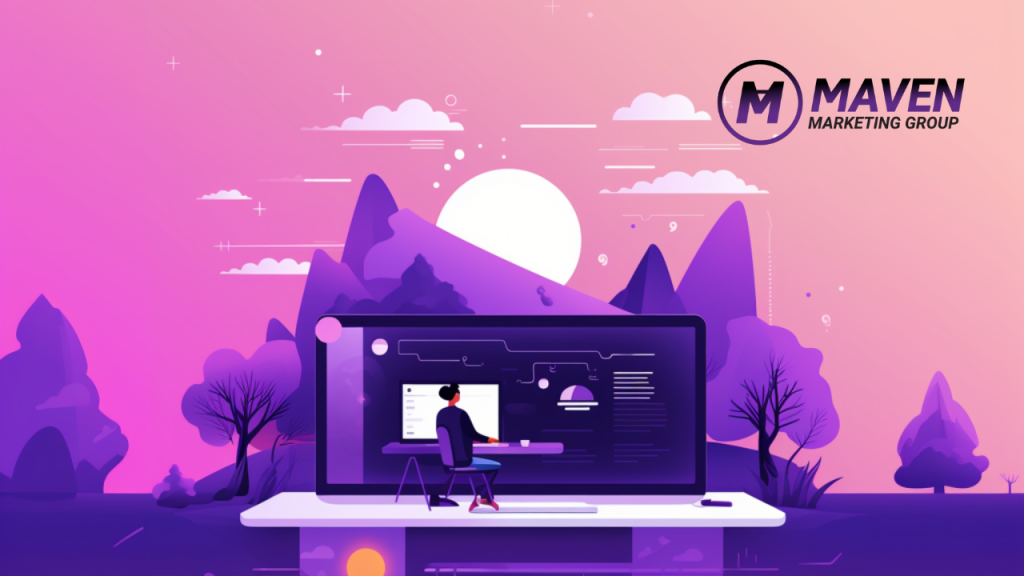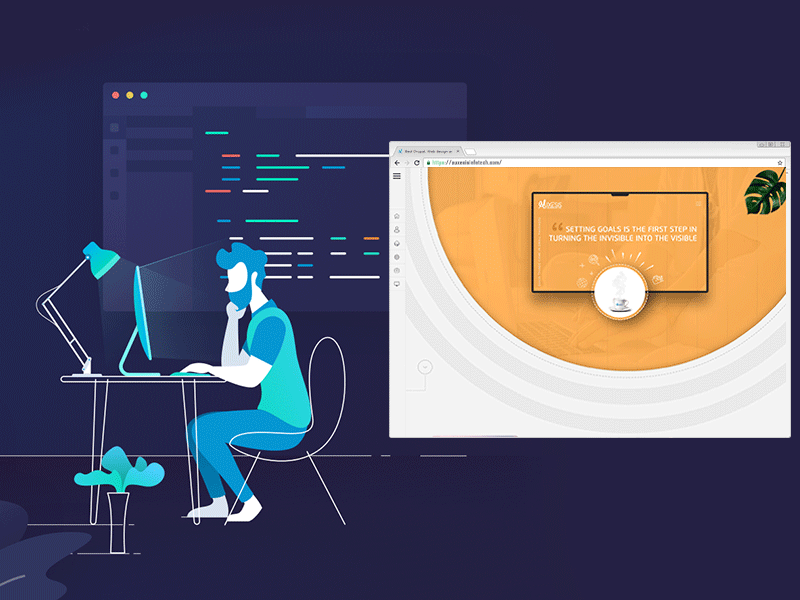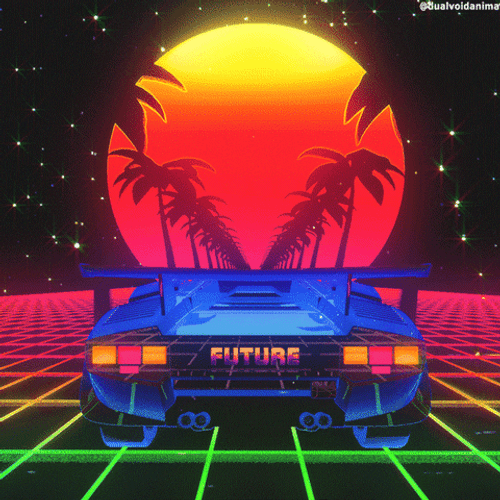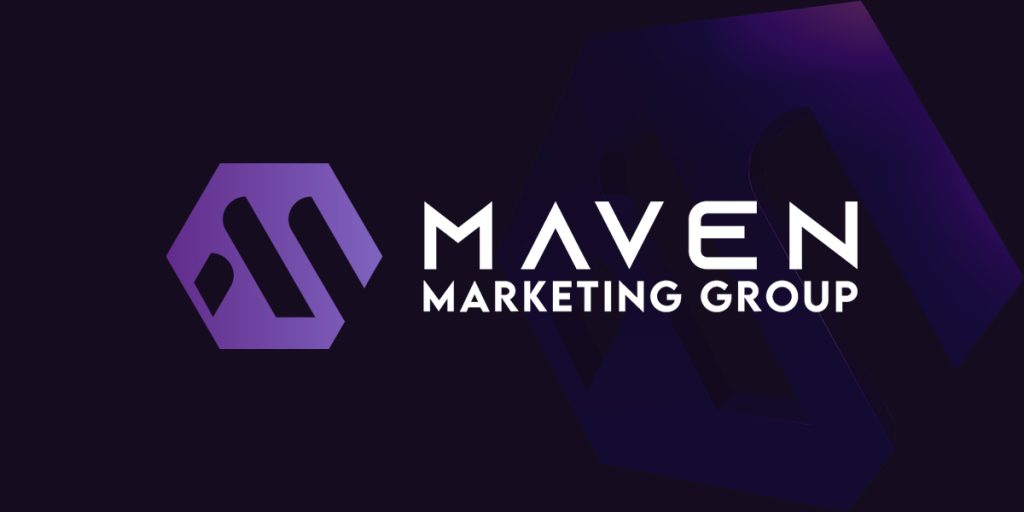
Yes, web designing is a good job.
Web designing offers a high demand career path, creative work environment, and the possibility of remote employment for digital designers.
Plus, the income potential is quite high, especially as you gain experience and improve your skills.
Pros of Web Designing
- Creative Freedom: Web designers get to flex their creative muscles. Digital designers are the professionals who decide the look and feel of a website, using responsive design to ensure it’s user-friendly for all users.
- High Demand: As mentioned, every company needs a website. This means web designers are always in demand.
- Remote Work: Many web designers work remotely. This means you can work from anywhere in the world.
- Wage for Web Designers: Workers in this field are well compensated for their employment on website projects. The average salary for a web designer in the US is around $50,000 per year.
Cons of Web Designing
- Tight Deadlines: Website designers must frequently operate under tight deadlines. This can lead to stress.
- Constant Learning: The field of web design is always evolving. This means web designers need to constantly learn new skills.
- Client Management: Dealing with clients can be challenging. They may have unrealistic employment expectations or constantly feel they must change their minds.
So, is web designing a good job?
Well, it depends on you.
If you’re a creative person who enjoys learning new things and doesn’t mind a bit of pressure, then yes, web designing can be a great job.
If you’re someone who prefers a more predictable and less stressful job, then it might not be the best fit.












